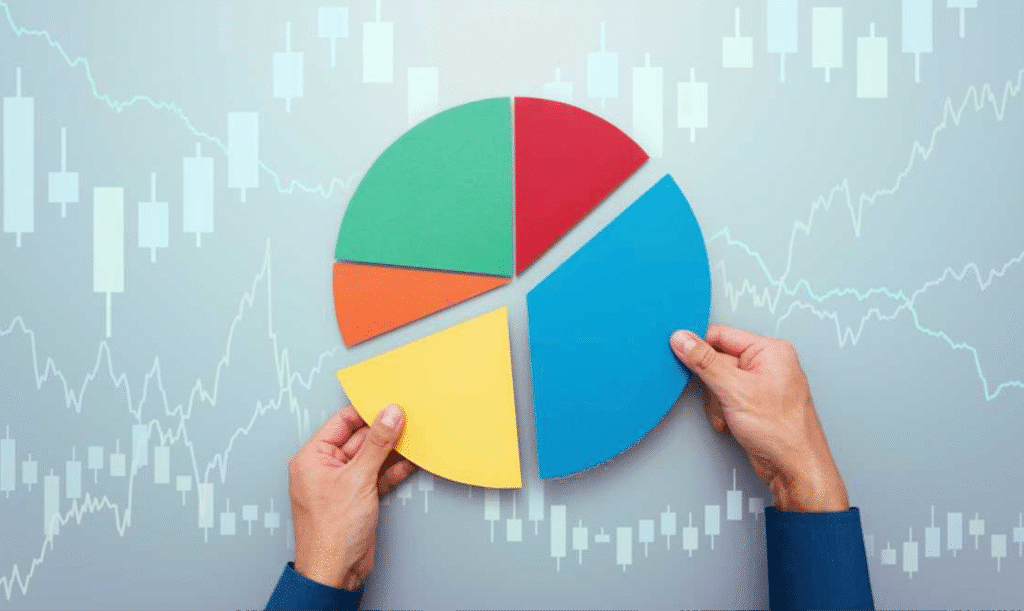Living in the UAE as an expat brings exciting opportunities—and managing your finances wisely is one of them. With a tax-free income, high earning potential, and access to a wide range of global financial products, the UAE is a great place to grow your wealth. But without a smart plan, your money might not work as hard as it should. Whether you’re new to the country or have been here for years, it’s never too late to start investing with purpose.
Understand Your Financial Goals First
Before making any investment, the most important step is knowing what you want to achieve. Are you saving for retirement? Your child’s education? A dream home back home? A future business?
Write down your short-term and long-term financial goals. This will help you decide how much risk you’re willing to take, how long you can invest, and which products suit your needs. Having clear goals gives your investment journey direction and helps you avoid random financial decisions.

Build an Emergency Fund First
Before jumping into stocks, property, or mutual funds, make sure you have an emergency fund in place. Life in the UAE can be unpredictable—job changes, visa renewals, or unexpected expenses can hit at any time. Experts recommend keeping at least 3 to 6 months’ worth of living expenses in a liquid savings account.
An emergency fund gives you peace of mind and keeps you from pulling out investments early when life throws a curveball.
Learn About Available Investment Options in the UAE

The UAE has a range of investment opportunities for expats. Here are some of the most common and accessible ones:
- Real Estate: Dubai and Abu Dhabi offer strong real estate markets, especially for rental income and long-term gains. Some areas have high yields, and developers often offer flexible payment plans.
- Stocks and ETFs: You can invest in global or regional stocks through online platforms or local brokerage firms. Exchange-Traded Funds (ETFs) are a great way to diversify with lower fees.
- Mutual Funds and Bonds: These are lower-risk options and can be accessed via banks or financial advisors.
- Gold and Commodities: Some expats like to buy gold, either as jewelry or through gold trading accounts.
- Crypto Assets: While riskier, crypto is becoming more popular among younger investors. Always approach this with caution and only invest what you’re willing to lose.
Take Advantage of the Tax-Free Environment
One of the biggest benefits of being in the UAE is that your income is not taxed. This gives you an advantage when saving and investing, as you can reinvest more of what you earn. However, don’t let the tax-free status make you overconfident. It’s still important to plan for taxes in your home country, especially if you plan to repatriate later.
Check the tax laws of your home country and see if your investments in the UAE might be taxed when you return.
Don’t Rely on End-of-Service Benefits Alone
Many expats depend on their end-of-service gratuity as a retirement cushion. While helpful, this amount often isn’t enough for long-term financial security. That’s why you need your own retirement plan. Start early, contribute regularly, and look into pension plans that suit your profile.
Some UAE companies now offer workplace savings schemes or allow you to invest your gratuity in a fund. Ask your HR department if your company has such options.
Diversify Your Investments
“Don’t put all your eggs in one basket.” This classic advice is especially true for expats. You may be tempted to invest only in your home country or stick to property. But spreading your money across different types of investments, industries, and countries lowers your risk.
If one investment doesn’t do well, others may balance it out. A well-diversified portfolio can weather ups and downs in the market.
Be Careful with Financial Advisors
Not all financial advisors are created equal. Many in the UAE work on commission, meaning they earn more when you buy specific products. That can sometimes lead to advice that helps them more than it helps you.

Always ask how your advisor is paid, what their qualifications are, and whether they are licensed by UAE financial authorities. Better yet, do your own research before making a decision.
Use Online Investment Platforms
In today’s digital age, investing is easier than ever. Several apps and online platforms let you start investing with just a few hundred dirhams. Many of these platforms offer robo-advisors that automatically build a portfolio based on your goals and risk level.
These tools are especially useful for beginners who want to start small but smart. They also come with lower fees compared to traditional brokers.
Watch Out for Scams
If something sounds too good to be true, it probably is. Unfortunately, investment scams do exist, especially in expat-heavy communities. Be careful of “friends” who offer high-return investment deals or unknown firms promising guaranteed profits.
Always check if a company is licensed by the UAE’s Securities and Commodities Authority or the relevant free zone authority. When in doubt, walk away.
Keep Reviewing Your Plan
Your life and goals will change over time—so should your investment strategy. Maybe you get a new job, start a family, or plan to move to another country. Set a reminder to review your financial plan at least once a year.
Regular reviews help you adjust to changes in income, expenses, and market conditions, keeping you on track to meet your goals.
Final Thoughts: Take Control of Your Financial Future
Living in the UAE offers a golden opportunity to build a strong financial future. But the key is to start today. You don’t need to be an expert, and you don’t need a lot of money to begin. What matters most is consistency, patience, and a little bit of smart thinking.
Remember: the sooner you start, the more time your money has to grow. So take the first step, stay informed, and invest wisely.
Also read: Inside the Bold Rise of Women CEOs Across the Emirates













